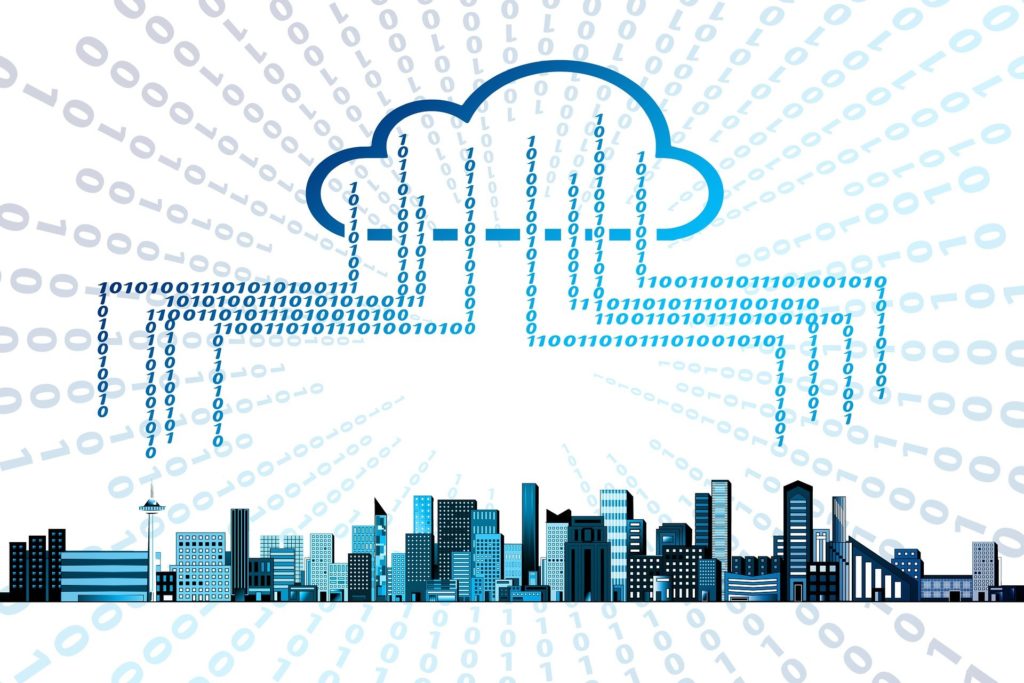It would be a gross understatement to say that 2020 has been a challenging year for businesses. As we navigate our way through a global pandemic and contemplate the possibility of further social restrictions and lockdowns, organizations are still scrambling to find the so-called “new normal”. When COVID-19 first hit and offices around the world were forced to close their doors, entire workforces had to adapt to remote working in an instant. Needless to say, many of them weren’t prepared for such a dramatic shift.
Since then, the demand for cloud services has begun to increase exponentially. In order for businesses to survive a similar crisis in the future, they need to have remote access to virtually hosted data and IT infrastructure. Even companies that go back to office working will still need the capability to switch to home working at the drop of a hat, giving their employees remote access to essential tools and services. Thankfully, this technology already exists and it’s only getting better, but as with all technological conveniences, it doesn’t come without risk.
The amplification of risk
The transition from hardware to the cloud is attractive for a whole host of reasons. It’s less expensive and requires virtually no capital investment, maintenance is a thing of the past, and less physical space is needed – and that’s only the beginning. However, migrating to the cloud also generates concerns over data security and the vulnerabilities that inevitably come with remote access. Without the security protections that office environments typically offer, such as firewalls and blacklisted IP addresses, companies are leaving themselves more vulnerable to cyberattacks. All companies with an internet connection are at risk, but that risk becomes harder to mitigate when a company decentralizes its operations. In other words, their risk is amplified, so their security needs to amplify too.
For this reason, the demand for private cloud services is increasing much quicker than the demand for public cloud services. A report from June 2020, right in the middle of the pandemic, said that the private cloud market is poised to grow by $70.55 billion by 2024, progressing at a CAGR (compound annual growth rate) of over 25%. But what is private cloud, and why are more businesses using it? Is it safer than using public cloud services? Do businesses have to stick with one or the other?
Decisions, decisions: public vs. private cloud
When it comes to technology and the convenience on offer, public and private cloud services are very similar. However, there are some differentiating factors that may sway businesses one way or another depending on their needs.
If a business chose a public cloud solution, they would effectively be sharing space on a centralized server in a data center with hundreds of other businesses. It’s fast, secure and flexible, with all businesses dipping into resources like storage, computing power and cooling as and when they need it. As pitched by Google, Amazon and IBM, it’s often pay-as-you-go and has virtually no ceiling when it comes to scalability. However, no ceiling also means no fixed costs, so businesses can quickly run up quite a high bill if they’re not careful. If a business goes with a private cloud option, it doesn’t have to share these resources. The technology works in the same way, with all the same benefits, but the company will have dedicated access to all of the hardware, power and cooling it needs. This usually comes with a fixed cost instead of the pay-as-you-go model, making it a less friendly solution for start-ups, but for medium and large enterprises with long budget forecasts, it can offer much more control, security and flexibility.
That said, businesses don’t actually have to choose one or the other. If you’re just beginning to learn about the nuts and bolts of the cloud, it may surprise you to hear that 69% of businesses opt for a hybrid solution. This gives them all the benefits of a pay-as-you-go scalable model in the parts of the businesses that need it, and all of the security advantages that come with private cloud for the rest.
The security dilemma
When choosing between private, public or a hybrid approach, security should be at the forefront of decision-makers’ minds. Using the private cloud does have its advantages in this regard, offering companies greater peace of mind as they don’t need to share resources and can be certain their sensitive information isn’t at risk of being exposed. This is what’s known as “single-tenant architecture” and it offers organizations complete control over their infrastructure and network links. That’s not to say that the public cloud or a hybrid option is unsafe – both come with robust security and firewall solutions – but private cloud certainly offers more control, and control is everything when it comes to security.
- Ransomware Response: 5 steps to Protect Your Business - April 1, 2022
- 5 Ways to Enhance Your Website Performance - August 28, 2021
- Data Security Fears are Driving Sky-High Demand for Private Cloud Services - October 28, 2020



